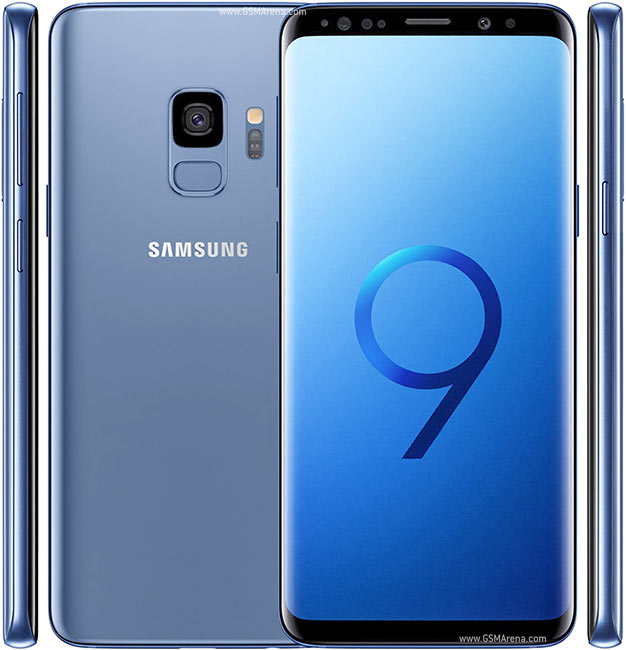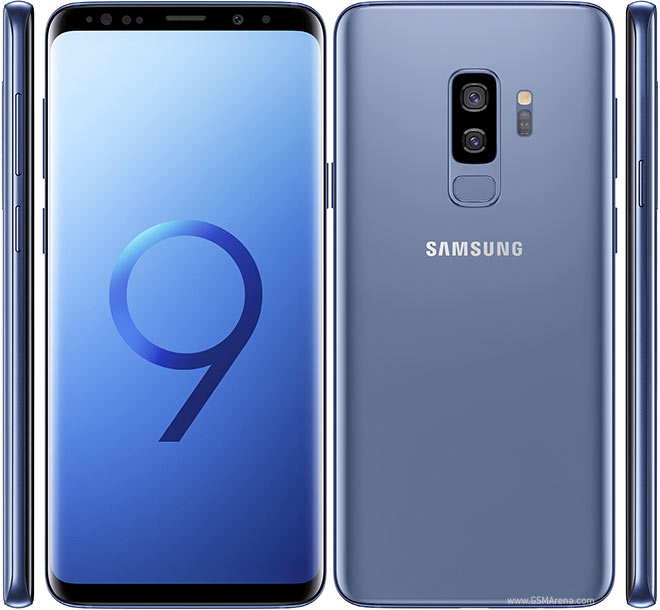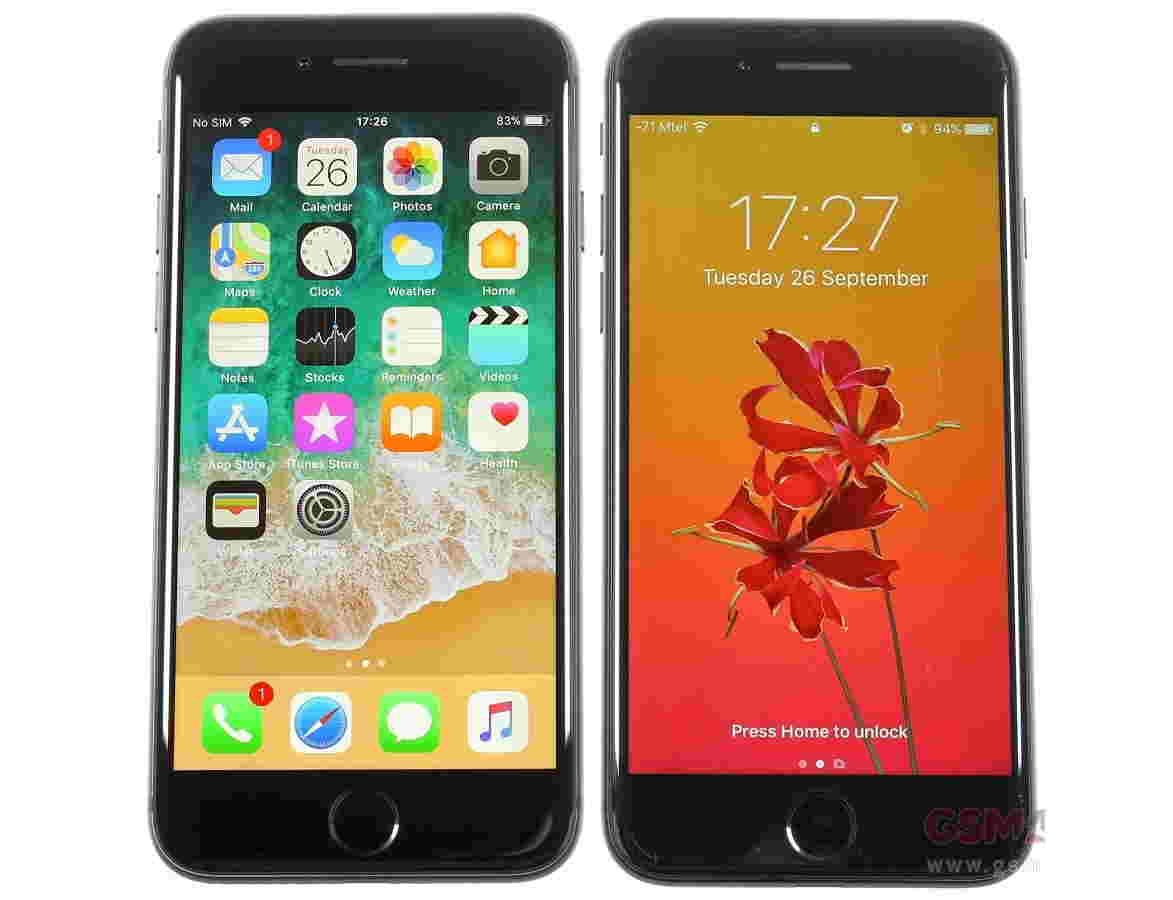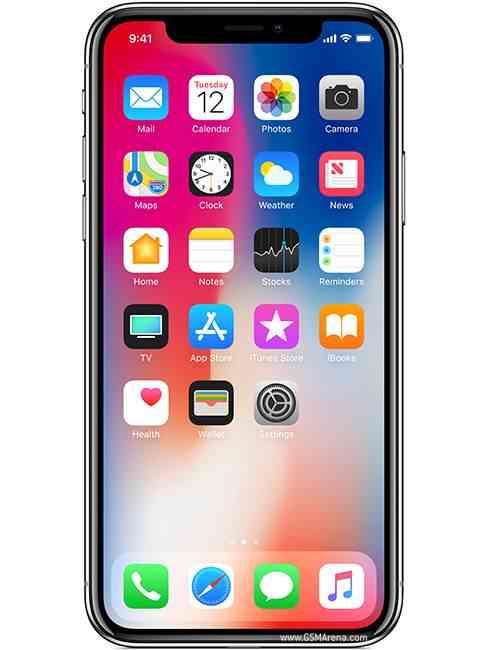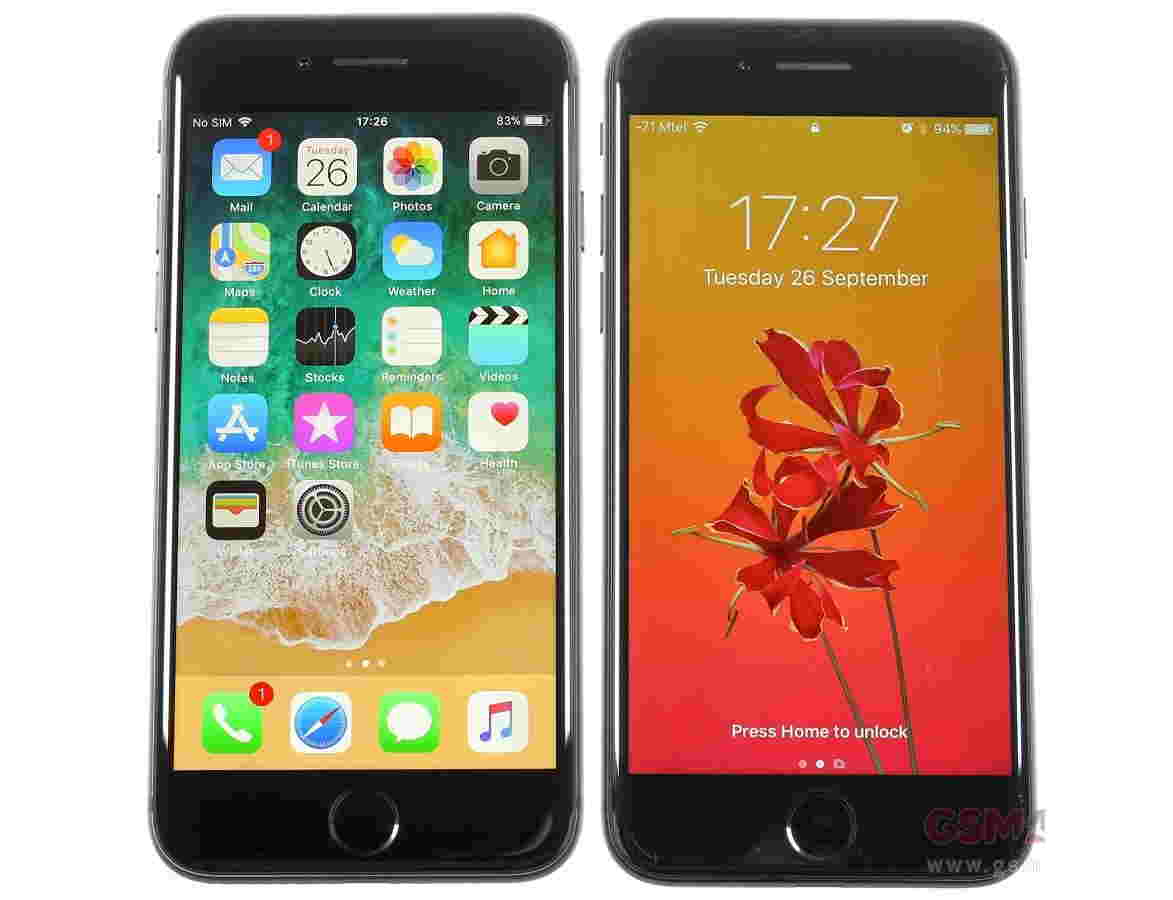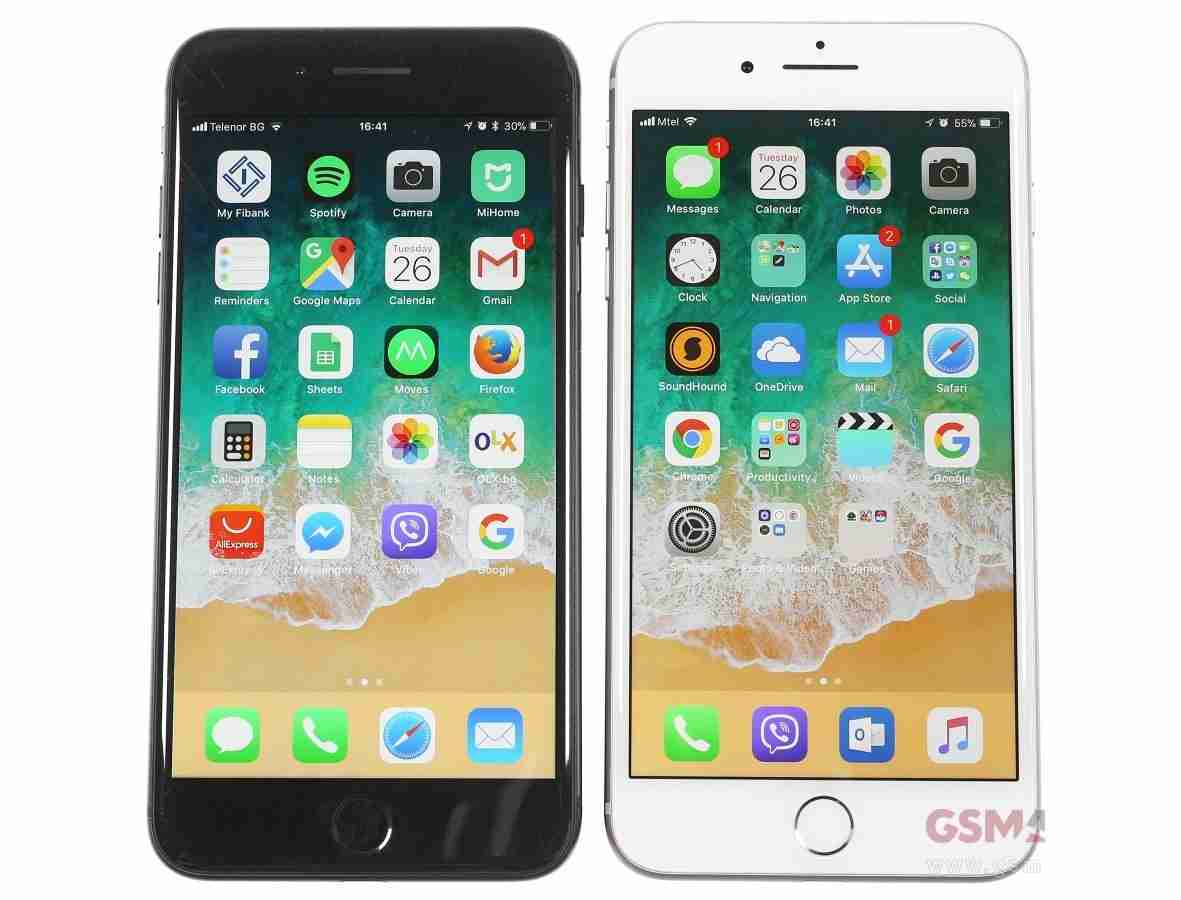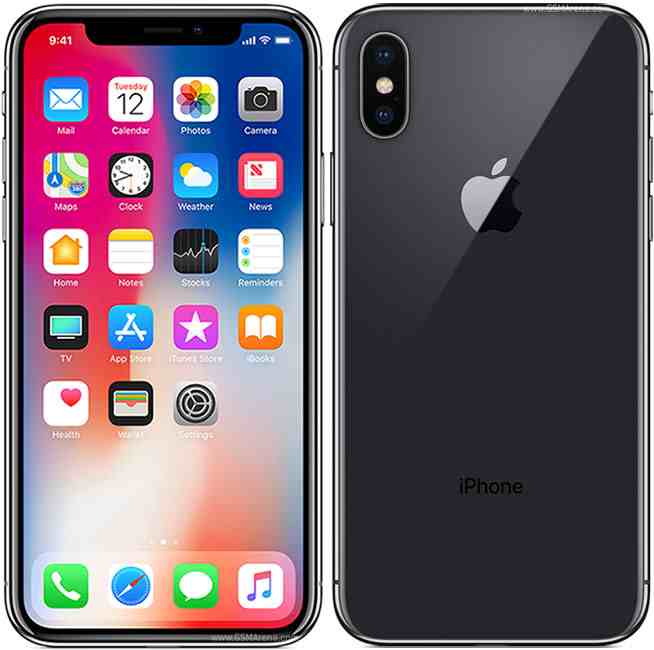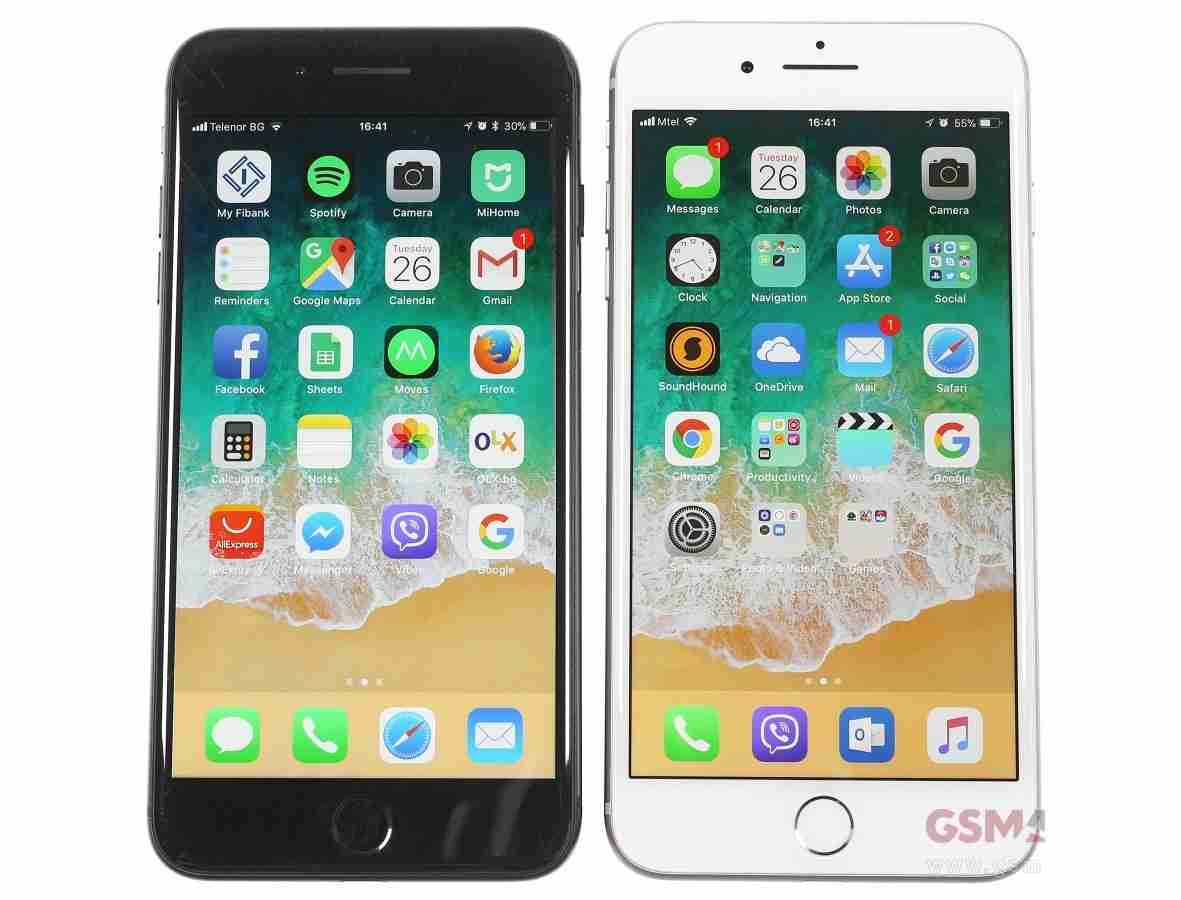
So currently I'm testing the Samsung Galaxy S9+ for our full review - which will be published soon - while testing the battery I've noticed some rather odd performance issues. I say odd because it's basically a bit sub-par from what I've come to expect from testing previous Samsung Galaxy flagships, in particular the recent Galaxy Note 8 and Galaxy S8+, but also going back as far as the Galaxy S7 and Galaxy S6 series.
It might be fair to consider this article something of a spoiler or preview of what's coming in the full review.
The Galaxy S9+ houses quite a sizeable battery cell; a 3,500mAh unit with fast wired charging via Quick Charge 2.0 on USB Type-C and fast wireless charging (WPC/PMA).
For the battery testing I fully charged the phone to 100%, turned brightness to maximum, and ran a two-hour film (Mad Max: Fury Road) which had already been pre-loaded onto the device. With the credits rolling the Galaxy S9+ was down to 80% charge.
Interestingly, that’s actually ever so slightly worse than both the Galaxy Note 8 and Galaxy S8+ from the same testing routine - which showed 82% and 86% respectively - but even so, it’s not a big enough difference to gripe over and it still puts the Galaxy S9+ in the top tier of smartphone battery performance.
However, the performance went on to be more disappointing in other areas too.
After the video testing I then did what I typically do, which is to leave the phone idling for a while to see what the trickle-off rate is like when you're not making it do much at all. I basically left the phone alone overnight, although I did allow it to run a software update.
Surprisingly, it went from 80% to 39% overnight. I'd be shocked if this consumption was due to the software update, as typically these are not big, lengthy procedures that will sap massive amounts of battery life. I can say from experience that with the Galaxy Note 8, Galaxy S8+, and Samsung's other flagships, if you left them overnight on 80% there's no way they'd lose half their charge idling in that time.
I’m a little surprised at the performance drop, though if I had to hazard a guess as to why this is the case I did notice the rear panel felt warmer than the Galaxy S8+ and Galaxy Note 8 when under heavier workloads, suggesting to me the processor upgrade is being more demanding of juice. This is a bit weird considering it’s on the 10nm LPP (Low Power Plus) architecture, itself a supposedly more power-friendly enhancement on the previous 10nm architecture the Galaxy S8 and Galaxy Note 8 use.
I’d like to be generous and put this down to either a faulty unit or some kind of software gremlin that could be patched out (perhaps the CPU isn't being controlled properly by the necessary algorithms?), but this is all just optimistic speculation. Taken at face value it’s not looking too good.
It’s not awful by a long stretch - again it is still better battery performance than a lot of competitors - but it is a step back nonetheless, quite simply, Samsung has done a LOT better in recent history on the battery side of things.
I should note that a quick exploration of the interwebs doesn't show up any other reviews with writers experiencing the same problem, which would suggest I've unfortunately got a lemon here (and in fairness, that has happened before).
I'm not finished with my testing, and I am going to try to account for the possibilty that the software update may have been a massive power drain (I think it's unlikely). I'm going to run another idle test overnight, this time with no software update and from 100%.
Update:
I've now tested the battery further and the poor overnight performance I reported before does appear to have been something of a one-off. A subsequent idle test overnght from 100% charge with no software update saw the phone drop to about 90%, which is far more respectable. I can only conclude the software update had indeed taxed the phone a fair bit, which is surprising.
The kind of performance I'm now seeing from the Galaxy S9+ means it'll easily last a few days on a single charge if your use of the handset is quite minimalistic; I spent about a day using it for photography from 100% charge and a couple days later it's still on 43%. I'm still going to test it for heavier workloads, however.




